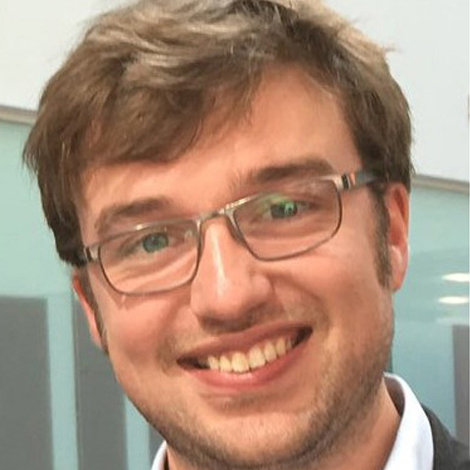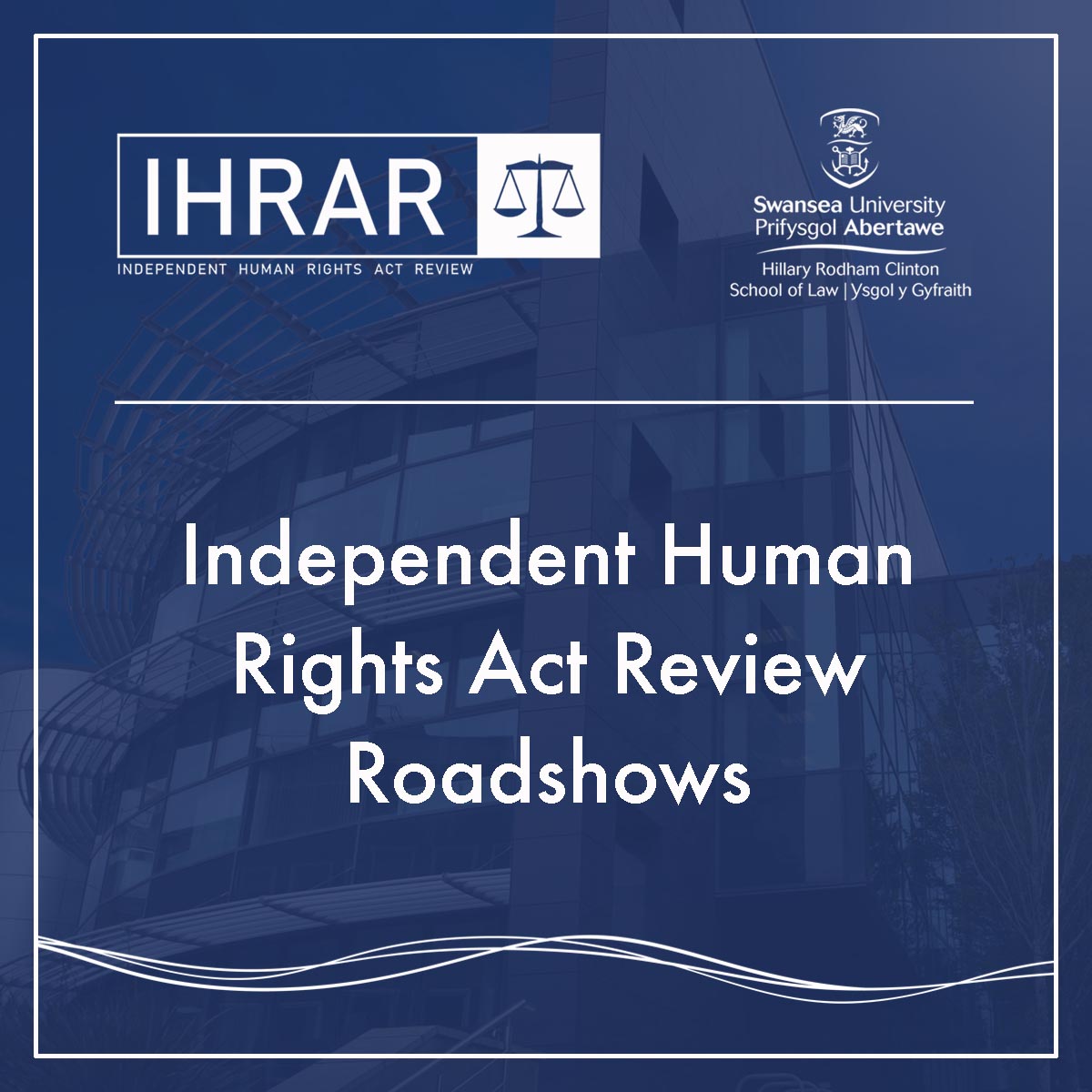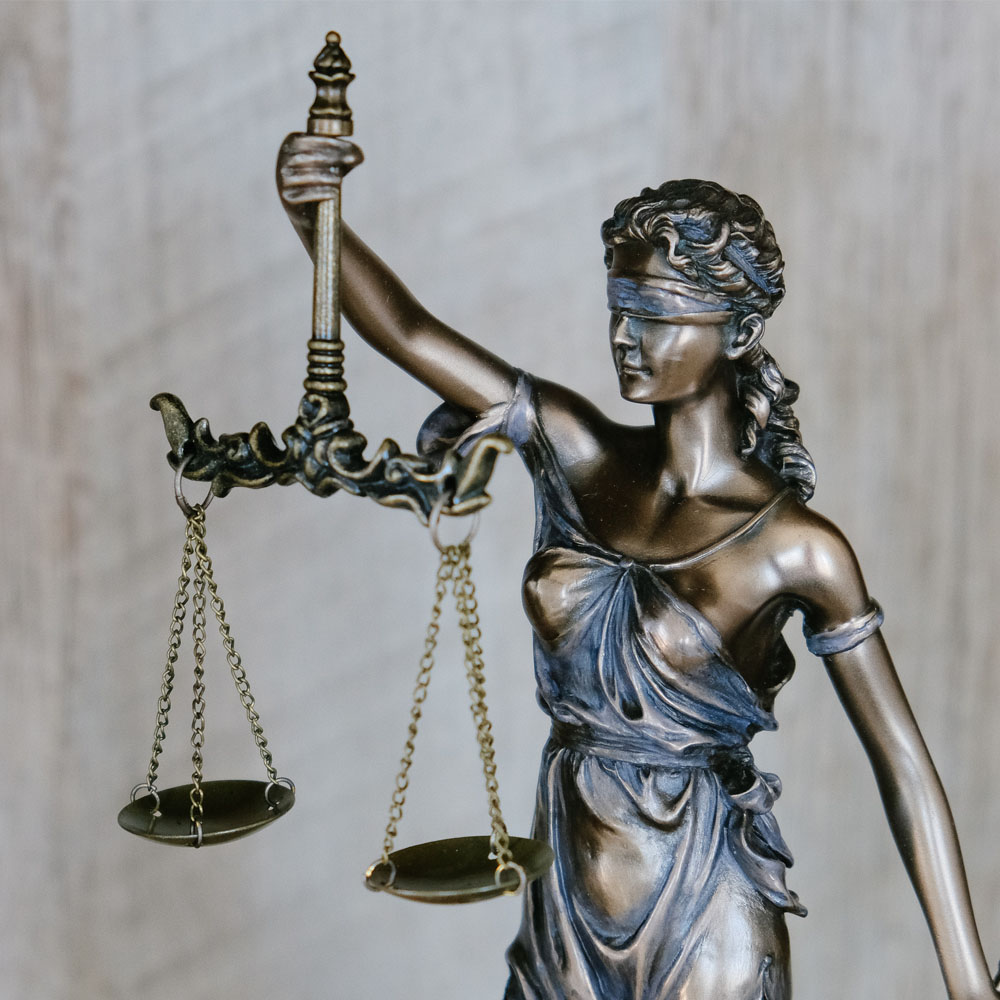66th Commission on the Status of Women
Professor Karen Morrow took part in a panel discussion at the 66th Commission on the Status of Women, in a session on STEM education as a stepping-stone towards gender transformative climate change policies.

Professor Karen Morrow took part in a panel discussion at the 66th Commission on the Status of Women, in a session on STEM education as a stepping-stone towards gender transformative climate change policies.
Undoing Devolution by the Back Door? The Implications of the United Kingdom Internal Market Act 2020
The Governance and Human Rights Research Group at Swansea University will be holding a one-day conference in Swansea on Monday 11th July 2022.
The United Kingdom Internal Market Act 2020 (UKIMA) – enacted ostensibly to maintain the fluidity of the UK’s internal market post-Brexit – has been a reliable source of controversy since its introduction as a Bill in September 2020.
This one-day conference, funded by the Society of Legal Scholars Small Projects and Events Fund, will focus not on the UK government’s ill-fated attempt to legislate to absolve the UK of its international legal obligations, albeit in a ‘very specific and limited way’, but rather on UKIMA’s potentially general and far-reaching impact on the UK’s devolution arrangements.
Dr Gareth Evans has published a blog with the UK Constitutional Law Association.
The blog reflects on the 2021 election result and the political composition of the Senedd, and sets out some of the constitutional prospects that we may expect during the sixth Senedd.

Professor Simon Hoffman and Dr Tom Hannant appeared as part of a panel of experts at the Independent Human Rights Act Review (IHRAR) Roadshow, hosted by Swansea University.
The Independent Human Rights Act Review has been set up to examine the framework of the Human Rights Act 1998 (HRA), how it is operating in practice and whether any change is required.
The review is being conducted by a Panel of eight members, chaired by Sir Peter Gross, a former judge of the Court of Appeal of England and Wales.
Members of the IHRAR Panel are participating in a series of public events hosted by universities across the United Kingdom, including the event held at Swansea. They aim to engage and hear views from a wide range of interested parties to help inform their deliberations.
The event at Swansea started with a discussion, led by Academics from the University, in conjunction with Sir Peter Gross and members from the Panel, on the background and context of the HRA and its role within our legal system.
Following this, there was a more specific discussion focused on each of the questions in IHRAR’s Terms of Reference. In this part of the event the Panel were primarily in ‘listening mode’, looking to hear views from the attendees.

Professor Karen Morrow has formed a part of the Hinkley Point C Stakeholder Reference Group, which was established in July 2020 and tasked with providing Welsh Ministers with stakeholder views on issues arising from the Hinkley Point C project relevant to Wales and the people of Wales.
The Group’s objective was to understand, assess and reflect on stakeholder views on the implications of the Hinkley Point C project on Wales. Some stakeholders approached the Group directly to share their views and evidence, while others were invited by the Group to engage in the process via written evidence or by joining the Group’s meetings.
The Group’s hope is that their work will prompt relevant agencies to assess and review their own roles in the Hinkley Point C project and consider whether they have done, and continue to do, everything they reasonably could to safeguard and enhance the environment, and to maximise the multiple benefits that can be accrued from the project.
The Group is comprised of experts in a range of relevant areas, from environmental public health to earth and ocean sciences, engineering and law. By operating remotely throughout the pandemic, the Group has attracted and retained members with real expertise in their fields, and reached key personnel within stakeholder organisations.
Find out more about the Hinkley Point C Stakeholder Reference Group and read the Group's report.
The National Assembly for Wales is celebrating 20 years of government. During this period, it has gained increasing powers to develop law and policy in this country. Researchers at the School of Law have contributed to research analysing its progress and making suggestions for the future in a variety of different contexts; from children’s rights and youth justice to environmental protection and the development of a separate jurisdiction for Wales.
Since 2018, Professor Yvonne McDermott Rees at the Hillary Rodham Clinton School of Law (together with MA and PhD students) has sought to examine the extent to which open source evidence is transforming human rights fact-finding, and how technology can help overcome some of the barriers to its use in court.
As well as legal research based on a large number of interviews with human rights investigators, these interdisciplinary projects have developed new technological tools for the preservation and analysis of open source evidence. These projects involve collaborations with academics from Heriot-Watt University; University of Essex; University of Manchester; University of California, Berkeley; Carnegie Mellon University and Ateneo de Manila University, and research users/industry partners GLAN; Amnesty International; various United Nations bodies; Syrian Archive; WAPR – Philippines; VFRAME, and Huridocs.
The team has received funding from the ESRC; NESTA; Cherish-DE; HEFCW’s Research Wales Innovation Fund, and the Global Challenges Research Fund.
Find out more about this research.
Since 2016, Dr Victoria Jenkins has made a significant contribution to debates in Wales regarding the nature of governance for environmental law after Brexit.
In 2016, Victoria published a paper for the United Kingdom Environmental Law Association on Brexit and Environmental Law in Wales. She has presented on this subject on a number of occasions since this time to various environmental organisations and most recently at the Legal Wales Conference in October 2020. She also sat on an expert panel considering this issue before the Senedd and was awarded a Fellowship by this institution to carry out research into issues arising in collaborative law making across the UK after Brexit.
Our group meets monthly to discuss work in progress and recent developments relating to Public Law. Usually, the GHRDG meets to discuss colleague’s draft research papers and meetings are dedicated to in-depth discussion and feedback. This feedback has been valuable in the development of future publications. In the last 12 months, the Group has discussed the following papers:

Continuing her work on environmental law and human rights in the Anthropocene; Karen Morrow is delivering a paper entitled 'Planetary Sovereignty: What does it Mean for the Human-Nature Relationship?' in the inaugural workshop themed on conceptual philosophy, of the ‘Constitutionalizing in the Anthropocene’ research project of the Department of Public Law and Governance, Tilburg Law School (December 2020). The six-year project is led by Professor Han Somsen and funded by the Dutch Ministry of Education.
There are various applications of Artificial Intelligence (AI) in healthcare, such as helping clinicians to make decisions, monitoring patient health, and automating routine administrative tasks. This POSTnote, peer reviewed by Dr Caroline Jones, gives an overview of these uses, and their potential impacts on the cost and quality of healthcare, and on the workforce.